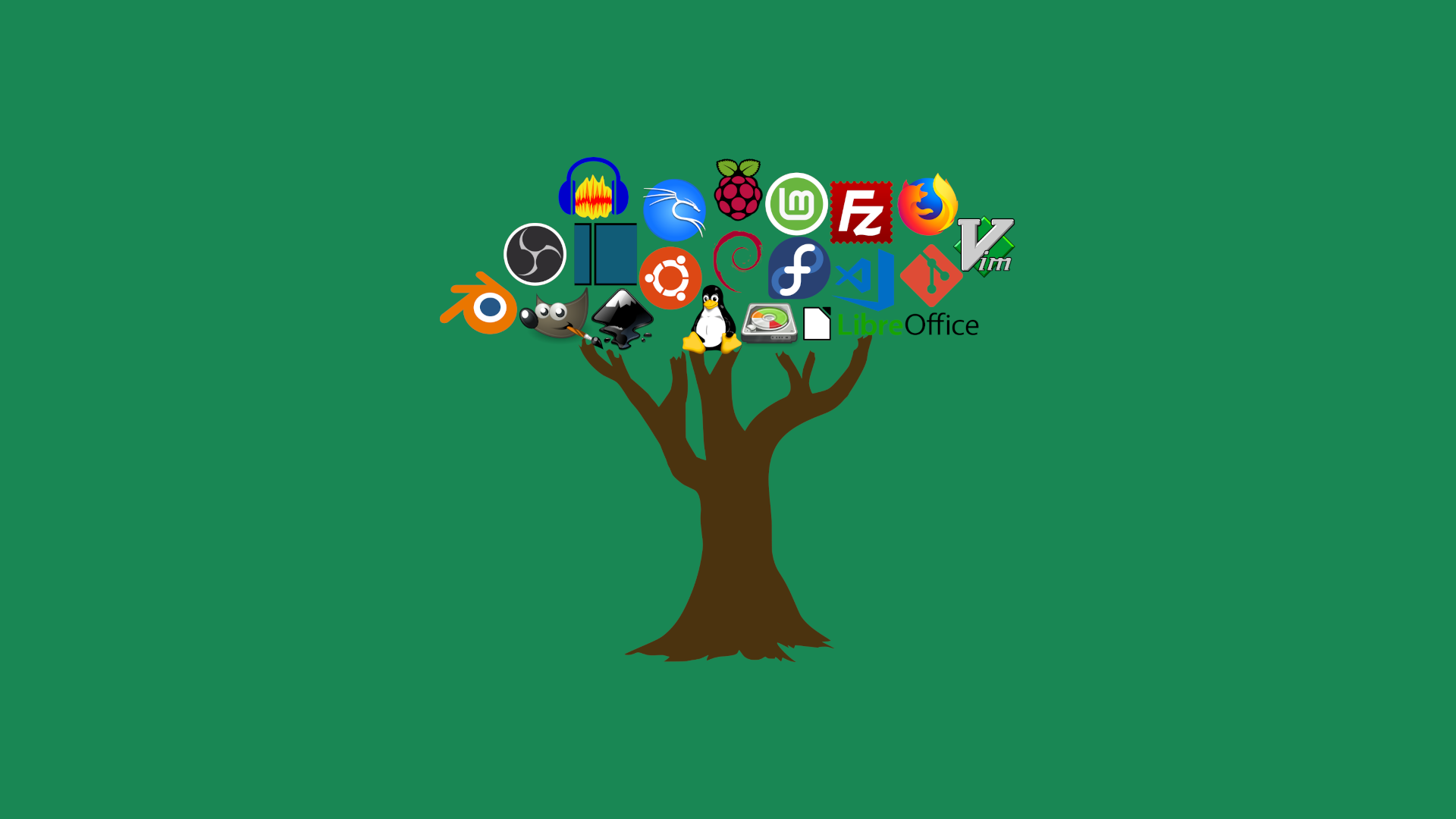Blog
History of open source software development

1950s-1960s: The culture of free software sharing emerged, and developers in academia and research institutions (such as MIT and AT&T) freely exchanged source code.
1983: Richard Stallman initiated the GNU project, aiming to create a free software operating system and lay the foundation for the concept of open source.
1985: Stallman founded the Free Software Foundation (FSF) and issued the GNU General Public License (GPL) to regulate the distribution of free software.
1991: Linus Torvalds released the Linux kernel, combining GNU tools to form a complete open source operating system.
1993: The Debian project was launched and became one of the earliest community-driven Linux distributions, emphasizing the principles of free software.
1995: Apache HTTP Server was released, and later became the open source software that dominated network servers.
1996: The KDE project was launched to promote the development of open source desktop environments and demonstrate the graphical interface potential of open source software.
1997: Eric Raymond published "The Cathedral and the Bazaar", expounding on the advantages of the open source development model, which had a wide impact.
1998: The term "open source" was proposed by Christian Peterson and others, and the Open Source Initiative (OSI) was established to define the open source license. Netscape released the source code of the Navigator browser, giving birth to the Mozilla project.
1999: Red Hat went public and became the first successfully commercialized open source company, proving that the open source business model is feasible.
2000: Git development (initiated by Linus Torvalds and officially released in 2005) provides tools for distributed version control and collaborative development.
2004: Ubuntu was released, based on Debian, focusing on user-friendliness and expanding the popularity of open source software.
2005: GitHub was launched (officially launched in 2008), providing a hosting platform to promote open source project collaboration and community development.
2008: Android was open source, based on the Linux kernel, and became the dominant operating system for mobile devices.
2011: Apache Software Foundation takes over OpenOffice, marking the maturity of open source office suites.
2013: Docker is released, promoting the popularization of containerization technology and accelerating the deployment and development of open source software.
2018: Microsoft acquires GitHub, symbolizing that open source has become the mainstream software development model; IBM acquires Red Hat, further promoting enterprise open source.
2020: The Linux Foundation report shows that the number of open source software contributors has surged, and enterprises have widely adopted open source technology.





